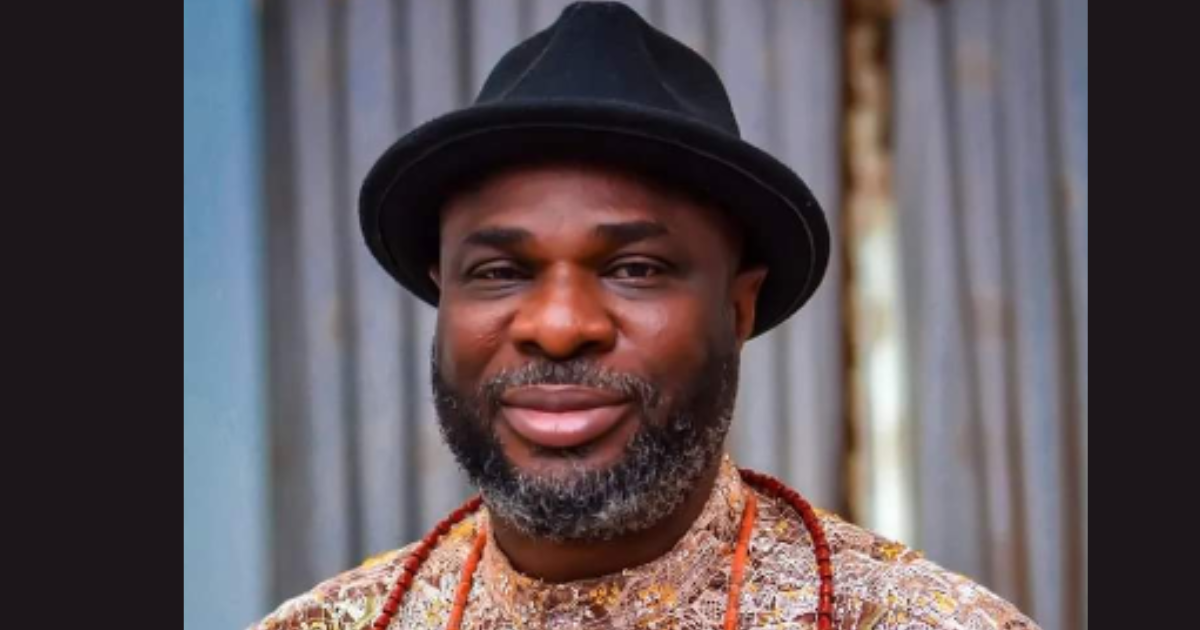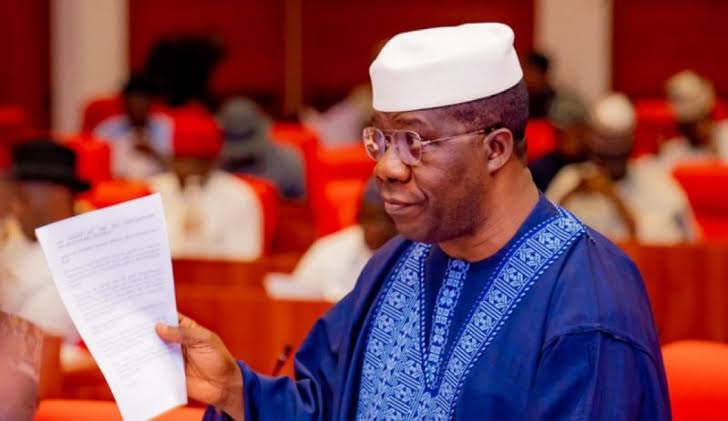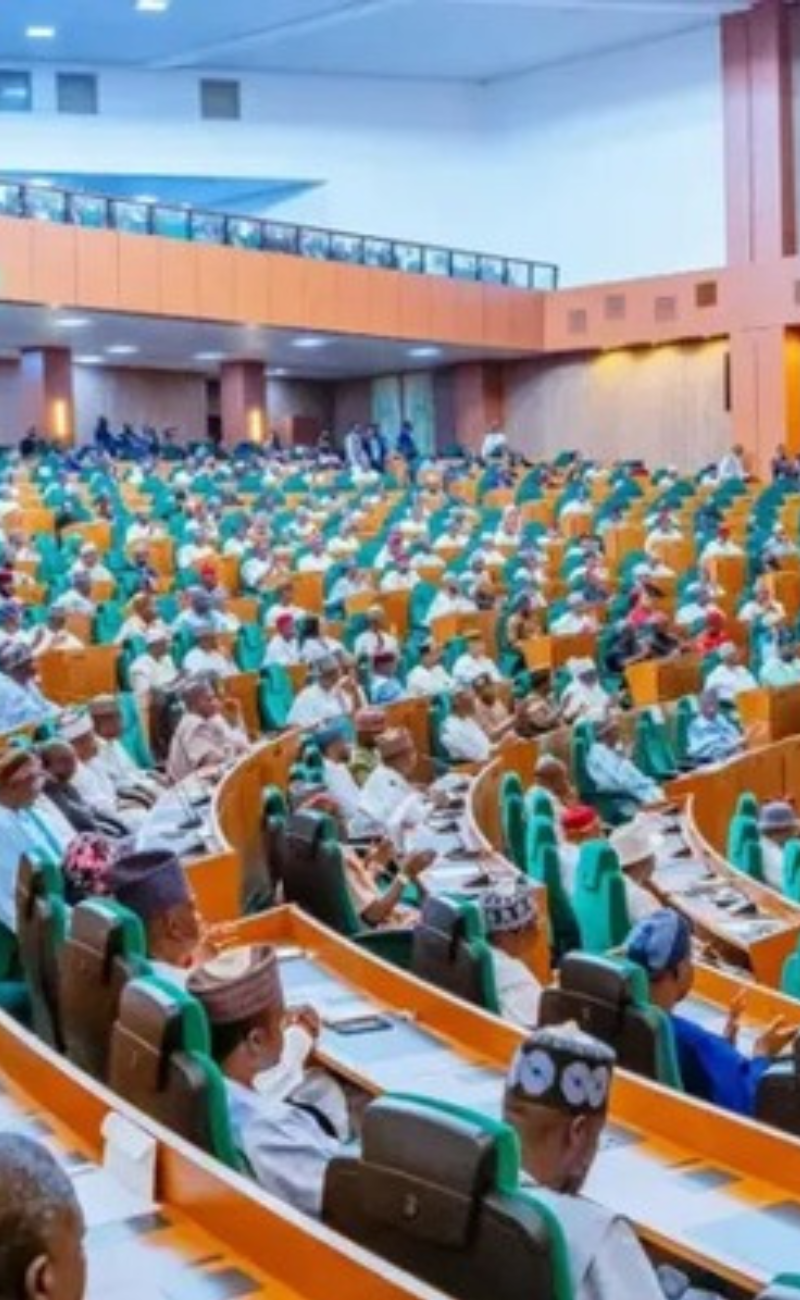In this gender equality and social inclusion (GESI) tracker, a federal oil and gas hospital bill and another on the domestication of the Kampala convention, receive attention in terms of marginalized and vulnerable populations.
![]()
Federal Oil and Gas Hospital Bill
In the Senate, Sen. Joel Onowakpo Thomas (APC, Delta) sponsored a bill that proposes the establishment of a Federal Oil and Gas Hospital in Benikrukru, Delta State, a region heavily impacted by oil exploration and gas flaring. The proposed hospital is intended to cater to the health needs of oil and gas workers and communities affected by extractive operations.

While the intent is commendable, the bill, as currently framed, appears to miss the opportunity to explicitly address the gendered and social dimensions of environmental health crises in oil-producing regions.
GESI Concerns and Opportunities
Communities living near oil fields in the Niger Delta face severe environmental and health consequences such as polluted air and water, toxic waste exposure, and degraded livelihoods. These issues disproportionately affect women, children, the elderly, and persons with disabilities, who often lack access to quality healthcare and bear the brunt of environmental degradation.

Women in particular are vulnerable due to prolonged exposure to polluted water sources used for domestic chores and food preparation, increased caregiving responsibilities in the face of widespread illness, limited mobility, and poor access to health facilities due to socio-economic inequalities.
Yet, the bill does not explicitly identify these groups as primary beneficiaries or propose measures to ensure inclusive access to healthcare.
Recommendations
While, this bill is a welcome step to addressing the needs of the vulnerable in the Niger Delta region that face environment degradation, to make it more GESI-responsive, it should recognize and prioritize the health impacts of oil and gas activities on vulnerable groups, including women, youth, the elderly, and persons with disabilities. It should also guarantee equitable access to healthcare through physical, financial, and cultural accessibility and also mandate sex- and disability-disaggregated data collection and targeted programming for affected populations.
By embedding these measures, the hospital can become a center of equity and justice, rather than simply an infrastructure project. This bill has passed second reading.
Read Also: MIDTERM: Scorecard on Gender Equality and Social Inclusion | GESI Tracker
Inclusion for Internally Displaced Persons
Sen. Bamidele Micheal Opeyemi’s (APC, Ekiti) bill to domesticate the African Union Convention on the Protection and Assistance of Internally Displaced Persons in Africa (Kampala Convention) marks a decisive step toward protecting the rights of Nigeria’s displaced populations, many of whom have been uprooted due to conflict, insurgency, and natural disasters.

Importance of Domestication
While Nigeria signed the Kampala Convention in 2009, it has yet to domesticate it into national law, a step that would enable enforcement, budgetary allocation, and accountability mechanisms.
The Convention explicitly mandates:
- Protection for women, children, the elderly, and persons with disabilities during displacement and resettlement.
- Measures to prevent gender-based violence, especially in camps and informal settlements.
- Equal access to education, healthcare, shelter, and livelihoods.
- Legal provisions for documentation and identity registration, which are often denied to women and children in displacement settings.
However, the passage of this bill would bring Nigeria in line with its regional and international obligations, and it would also create a legal framework to guide humane and inclusive responses to displacement and institutionalize GESI-sensitive service delivery for over 3 million internally displaced Nigerians.
Read Also: Inclusion Behind Bars, Policing Equity and Erosion on the Margin | GESI Tracker
Conclusion
As Nigeria continues to navigate the complexities of environmental justice and human displacement, the National Assembly has an opportunity to redefine development, embedding GESI into lawmaking is not merely a progressive add-on; it is a necessity for achieving justice, equity, and sustainable development. Ensuring that legislation responds to the unique needs of women, youth, persons with disabilities, and other marginalized groups will not only improve outcomes but also help rebuild trust in public institutions and deepen democratic inclusion.




